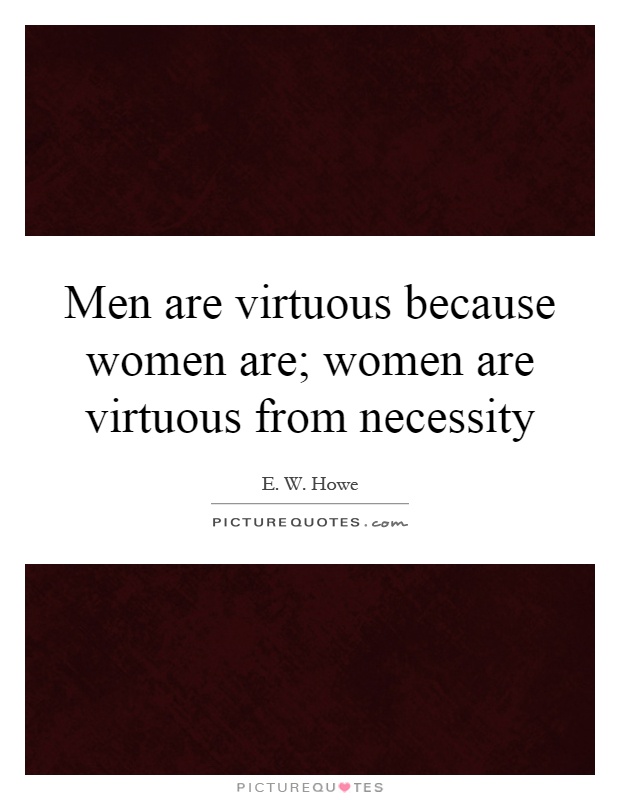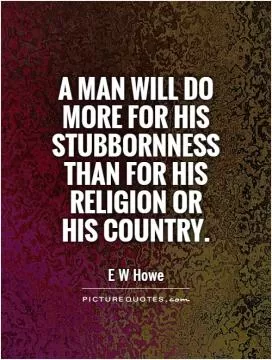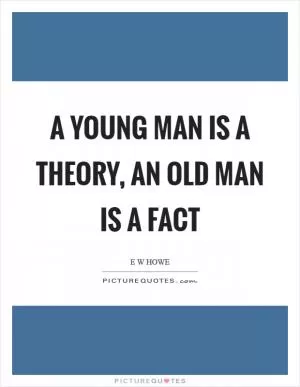Men are virtuous because women are; women are virtuous from necessity

Men are virtuous because women are; women are virtuous from necessity
In the context of E.W. Howe, a prominent American author and editor known for his sharp wit and social commentary, the statement "Men are virtuous because women are; women are virtuous from necessity" takes on a deeper meaning. Howe was a keen observer of human nature and society, and his works often explored the complexities of gender roles and relationships.The first part of the statement, "Men are virtuous because women are," suggests that men are influenced by the virtuous behavior of women. In other words, women serve as a moral compass for men, guiding them towards virtuous actions. This idea challenges traditional notions of masculinity and femininity, suggesting that men can learn from and be inspired by the virtues exhibited by women.
Howe's writings often critiqued the rigid gender roles and expectations that constrained both men and women in his time. By suggesting that men are virtuous because of women, he highlights the importance of women's influence in shaping moral behavior. This idea aligns with Howe's belief in the power of empathy and understanding between the sexes, as well as his advocacy for gender equality.
The second part of the statement, "women are virtuous from necessity," speaks to the societal pressures and expectations placed on women to be virtuous. In Howe's time, women were often expected to embody qualities such as purity, selflessness, and piety, regardless of their personal desires or ambitions. This expectation of virtuous behavior was seen as a necessity for women to maintain their social standing and reputation.
Howe's statement suggests that women's virtue is not always a choice, but rather a requirement imposed by society. This idea reflects Howe's critique of the oppressive social norms that limited women's freedom and autonomy. By highlighting the necessity of women's virtue, Howe calls attention to the unequal power dynamics and expectations that governed gender relations in his time.
Overall, Howe's statement "Men are virtuous because women are; women are virtuous from necessity" offers a thought-provoking commentary on gender, virtue, and societal expectations. It challenges traditional notions of masculinity and femininity, while also shedding light on the complexities of gender roles and relationships in Howe's time.












 Friendship Quotes
Friendship Quotes Love Quotes
Love Quotes Life Quotes
Life Quotes Funny Quotes
Funny Quotes Motivational Quotes
Motivational Quotes Inspirational Quotes
Inspirational Quotes